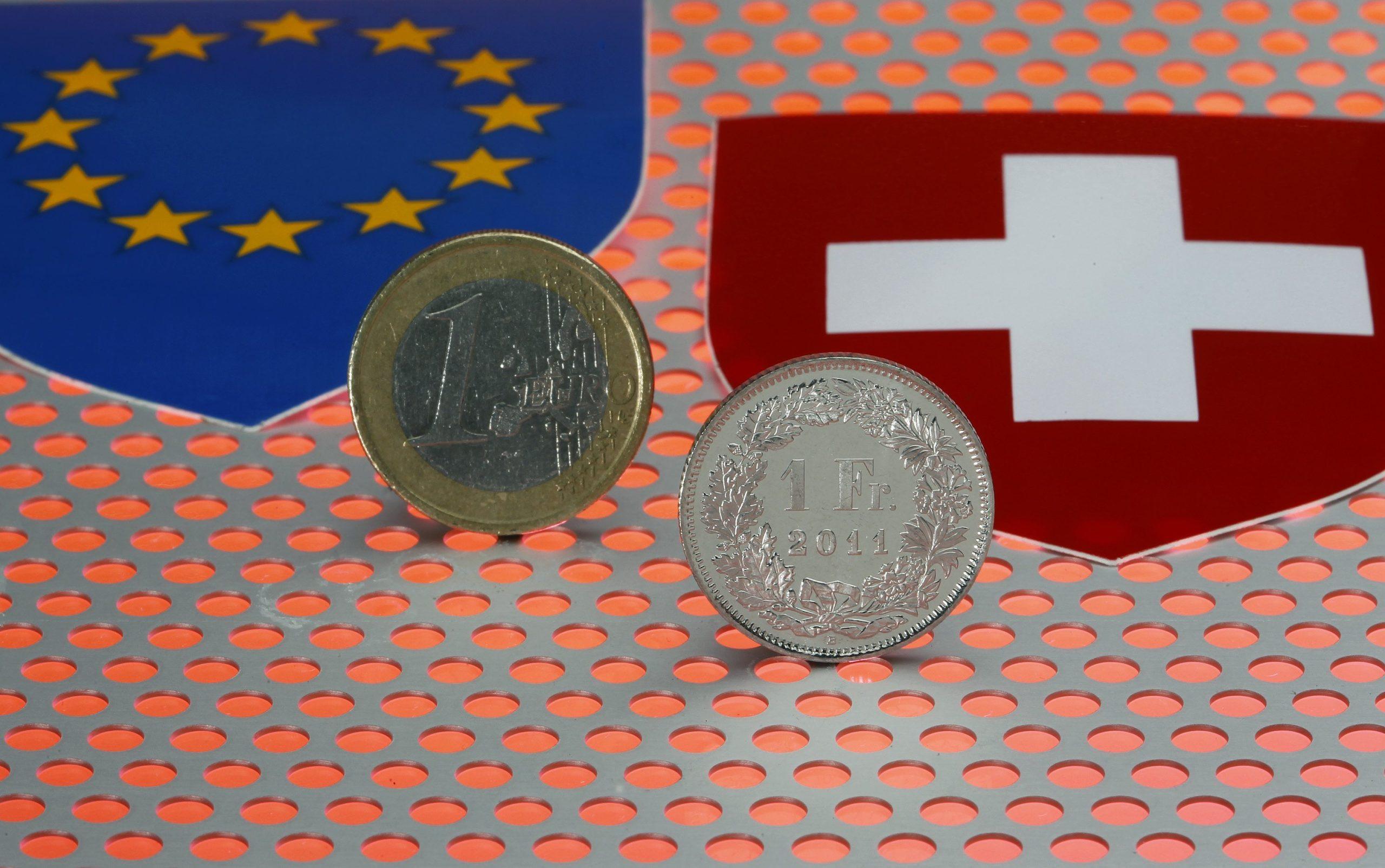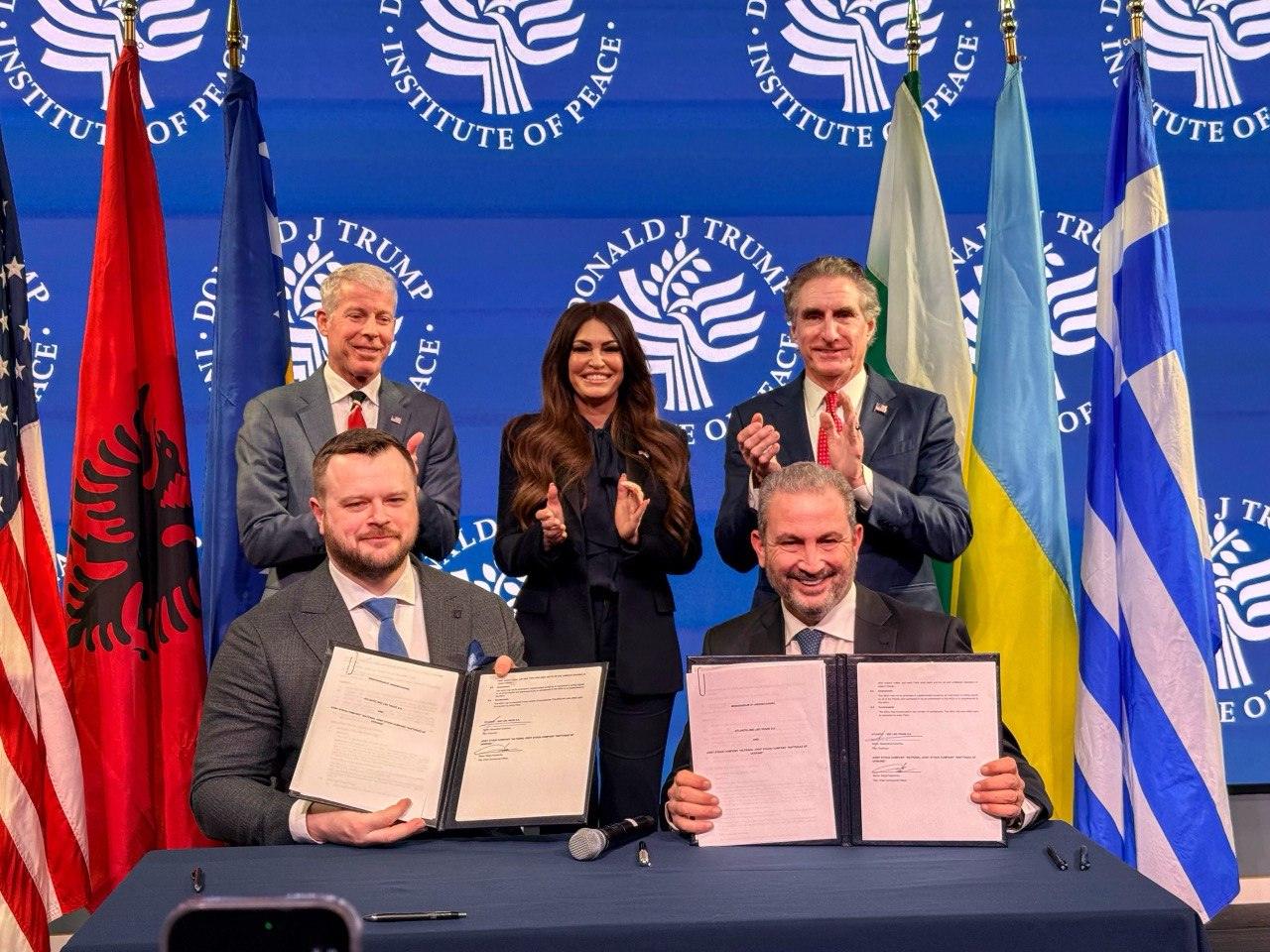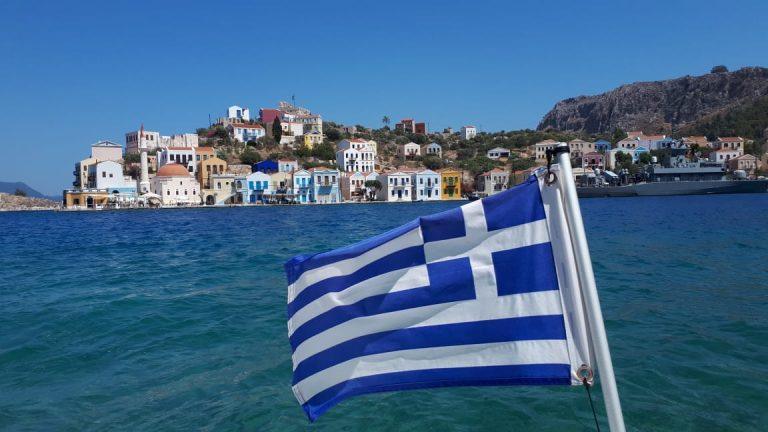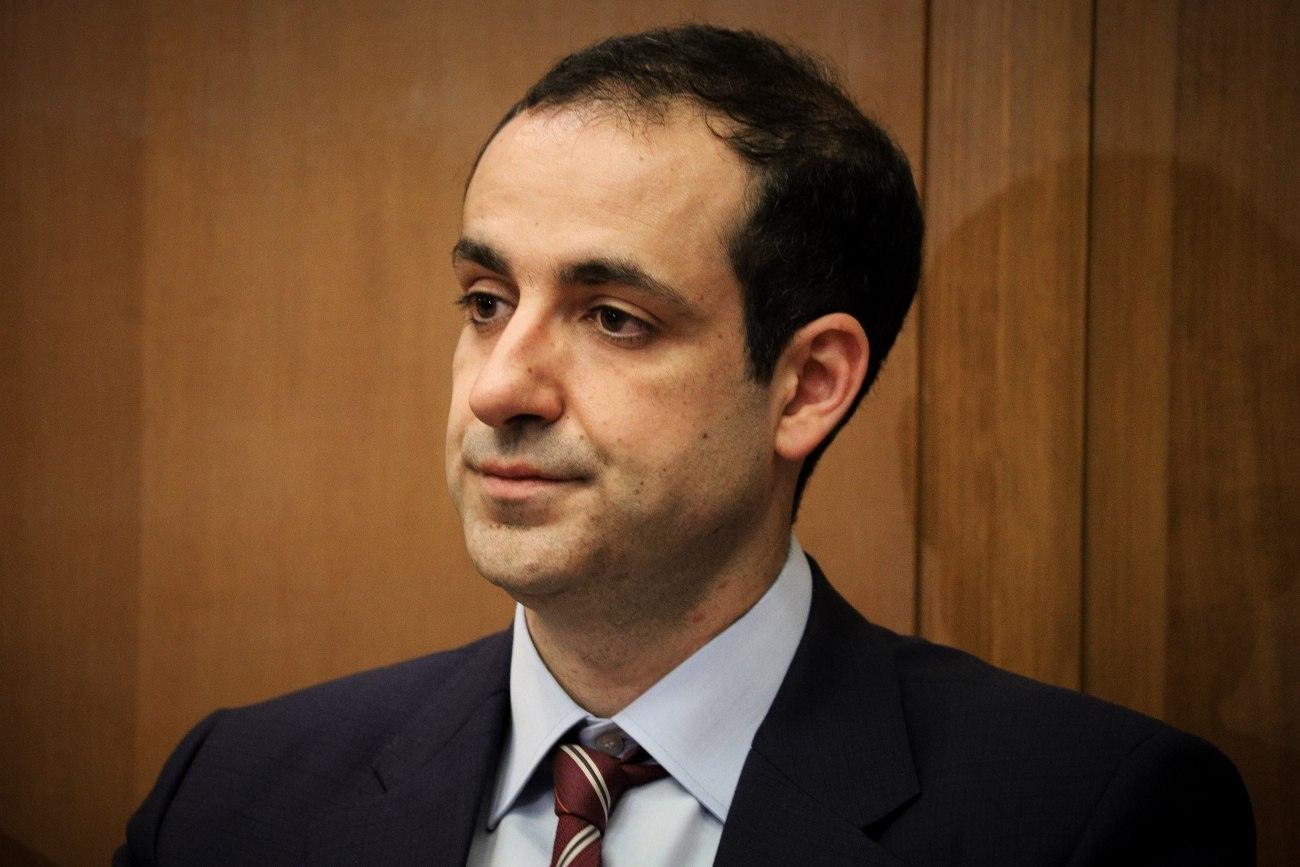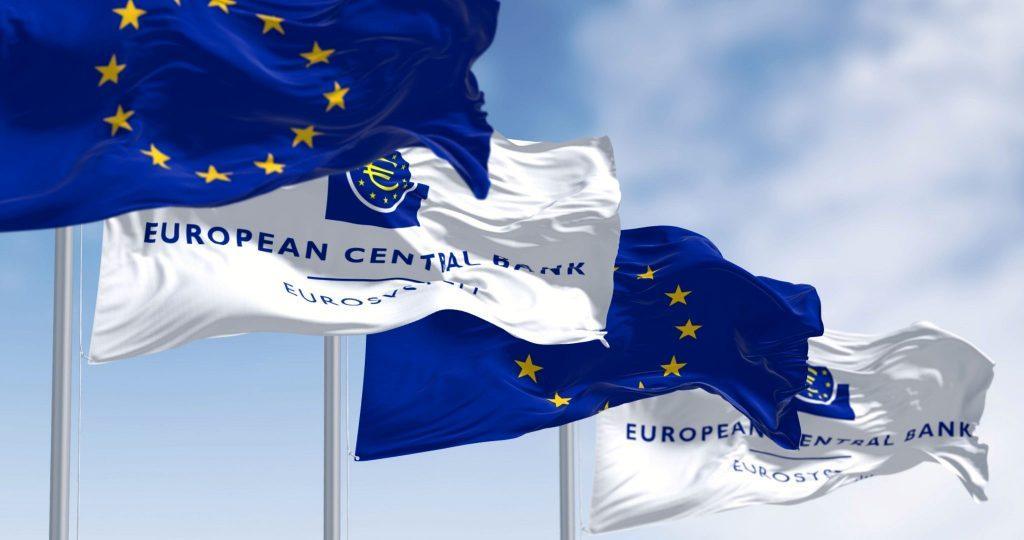European Investment Bank (EIB) President Nadia Calviño has sent a clear message of support for the long-delayed Greece–Cyprus electricity interconnection project (GSI). The project appeared to stall, once again, last week after a fruitless videoconference involving IPTO, the Greek and Cypriot regulators (RAAEY and RAEK), and the European Commission.
Speaking to Cyprus News Agency (CNA), Calviño underlined the Bank’s willingness to back “strategic projects supported by both countries, where both governments remain committed to their development.” She stressed that the EIB stands ready to provide financing for initiatives aligned with the national energy strategies of Greece and Cyprus.
In essence, her remarks confirm that the EIB is prepared to step in financially—provided Athens and Nicosia maintain their political and practical commitment to the interconnection.
A joint pledge amid uncertainty
Just days earlier, on the sidelines of the UN General Assembly, Greek Prime Minister Kyriakos Mitsotakis and Cypriot President Nikos Christodoulides issued a joint declaration reaffirming their dedication to the cable. Yet optimism was quickly tempered: a subsequent videoconference between stakeholders failed to resolve questions about ownership structure and financing. The Cypriot regulator postponed key decisions, pushing the project’s timeline further back.
Breaking Cyprus’ energy isolation
The Greece–Cyprus interconnection is widely regarded as a project of strategic importance for Europe. By linking Cyprus to the European grid, it would end the island’s energy isolation and integrate it into the single market.
Currently, Cyprus relies solely on diesel-fired power plants, leaving it vulnerable to both supply risks and volatile fuel costs. The interconnection is expected to bolster the country’s energy security while advancing EU goals for a more resilient and interconnected energy system.
With the EIB publicly signaling its readiness, the ball is now firmly in the court of the two governments to turn political pledges into binding commitments.
Source: tovima.com
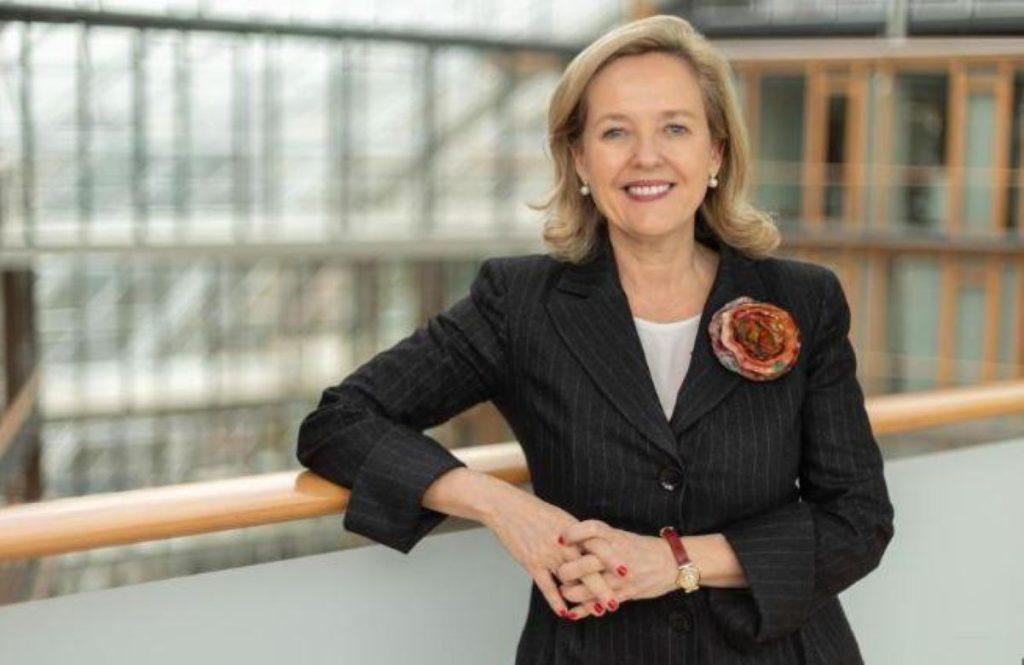


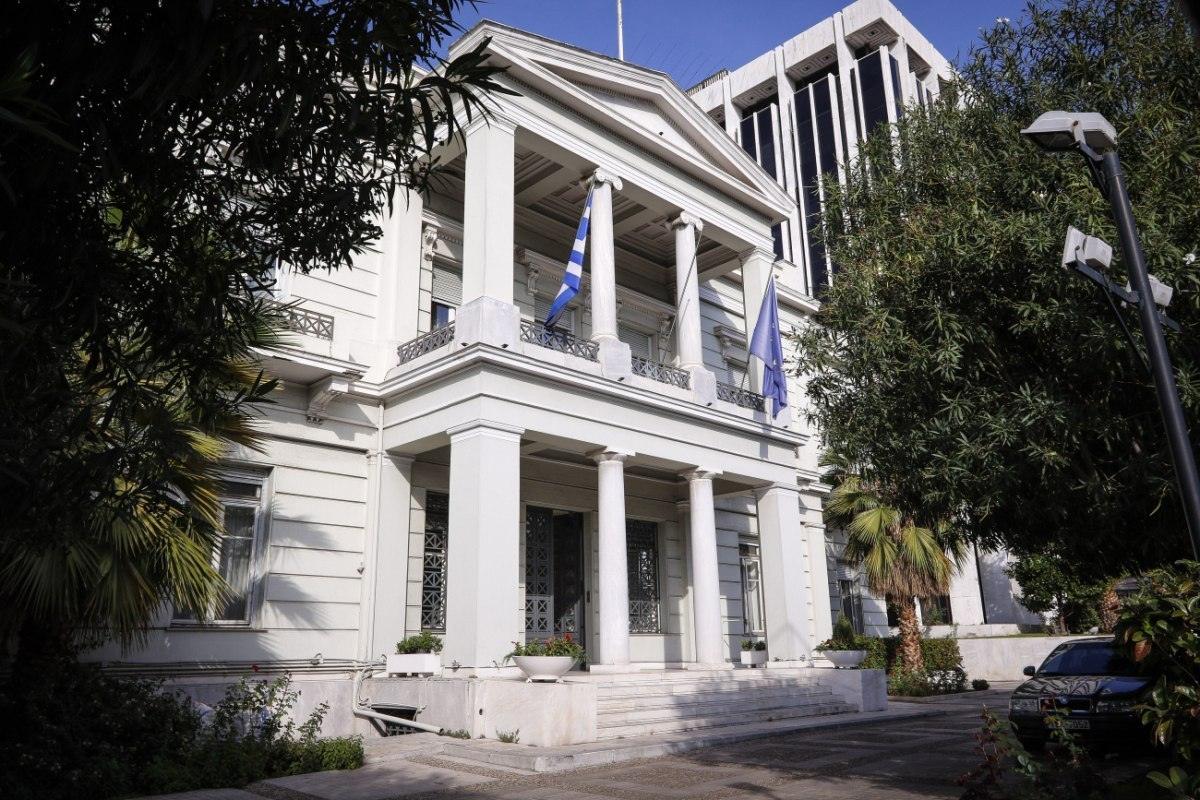







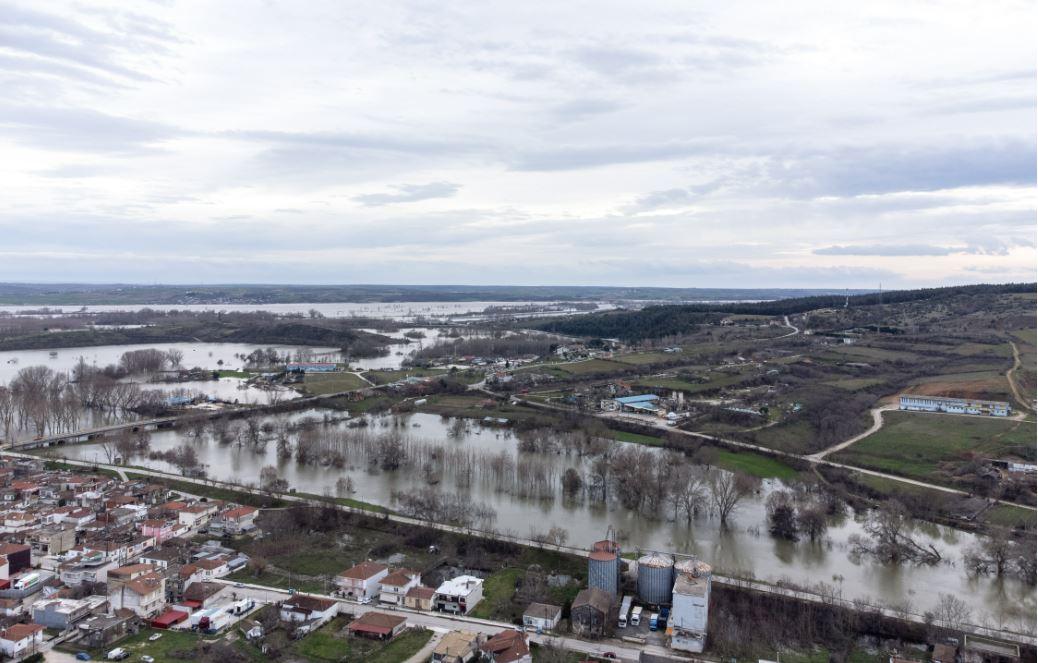




![Ακίνητα: Σε ποια εξοχικά στρέφονται οι επενδυτές [ πίνακας]](https://www.ot.gr/wp-content/uploads/2026/02/property-scaled.jpg)
